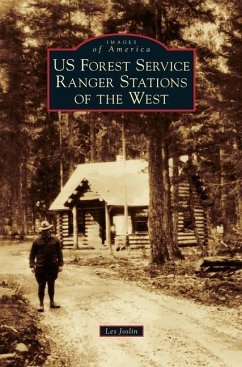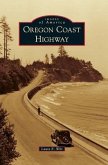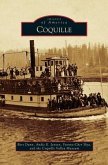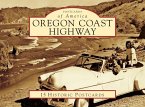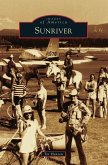Pioneer US Forest Service rangers and their ranger stations are classic symbols of the American West. Rangers managed the public forests and ranges with the cattlemen, sheepmen, lumbermen, miners, homesteaders, and others who used--and, in many cases, still use-- the lands to build and sustain economies and ways of life. The early rangers are no longer around. But some of the stations from which they protected the West's national forests to secure "the greatest good for the greatest number in the long run," as decreed by the first chief of the US Forest Service, Gifford Pinchot, remain to tell their stories and inspire their successors.
Hinweis: Dieser Artikel kann nur an eine deutsche Lieferadresse ausgeliefert werden.
Hinweis: Dieser Artikel kann nur an eine deutsche Lieferadresse ausgeliefert werden.

